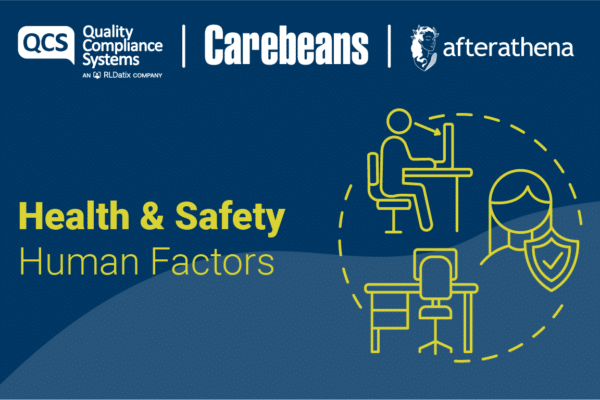 Hot on the heels of the Employment Appeal Tribunal’s (EAT) decision in Holmes v QinetiQ Ltd which confirmed that the ACAS Code of Practice on Disciplinary and Grievance Procedures does not apply to ill-health dismissals (see “Dismissal for Ill-health” on 4th July) the EAT have now confirmed another area where the ACAS Code will not apply to give effect to an up-to-25% uplift in award for non-compliance.
Hot on the heels of the Employment Appeal Tribunal’s (EAT) decision in Holmes v QinetiQ Ltd which confirmed that the ACAS Code of Practice on Disciplinary and Grievance Procedures does not apply to ill-health dismissals (see “Dismissal for Ill-health” on 4th July) the EAT have now confirmed another area where the ACAS Code will not apply to give effect to an up-to-25% uplift in award for non-compliance.
In the case of Phoenix House Ltd v Stockton, the Employee was dismissed by the Employer for a SOSR (some other substantial reason), namely that there had been a breakdown in relationship between Employee and Employer which was irretrievable. This had allegedly been caused by the Employee bringing an unsuccessful grievance against another Employee which had not been upheld and then the Employee being subject to a written warning for misconduct.
The Employee succeeded in her claim for unfair dismissal on the basis that, on the specific facts, no reasonable Employer would have concluded that the relationship was so damaged as to be beyond repair. Stockton’s dismissal was therefore not a reasonable option available to the Employer. The Tribunal also awarded an uplift of up to 25% for Phoenix House Ltd’s failure to follow the ACAS Code of Practice.
The Employer appealed both the finding of Unfair Dismissal and the award. The finding that the Employee had been unfairly dismissed was upheld. However, Tribunal’s finding that the ACAS Code of Practice applied to an SOSR dismissal was rejected. The EAT said that this was not what Parliament intended when it gave statutory effect to the sanction for non-compliance in S.207A of the Trade Union and Labour Relations (Consolidation) Act 1992. This was on the basis that provisions in the ACAS Code such as those relating to investigations may not be as relevant in an SOSR dismissal.
The EAT did express the view that it was common sense that some elements of the ACAS Code should be followed in SOSR dismissals. These are matters of good practice which should apply to any and all dismissals. However, to impose sanctions for failing to comply with the ACAS Code in such dismissals went above and beyond what was intended.
What this means for Employers
Employers should not take from this case that there is no need to follow the ACAS Code at all if dismissing purely for an SOSR reason. The EAT made it very clear that those elements of the Code that can be applied should be applied to ensure fairness of procedure as far as possible. The effect of this ruling is only on the relevance or not of the up-to-25% uplift on award at tribunal.
In practice it is rare that a dismissal will be solely for an SOSR reason. It is likely that there may be elements of conduct or capability which have led to the Employer considering that there has been an irretrievable breakdown in the relationship. Employers should take advice when considering dismissing for an SOSR reason as this can be far from straight forward.
To view the ACAS code of practice on disciplinary and grievances click here: Code of Practice on Disciplinary and Grievance Procedures






